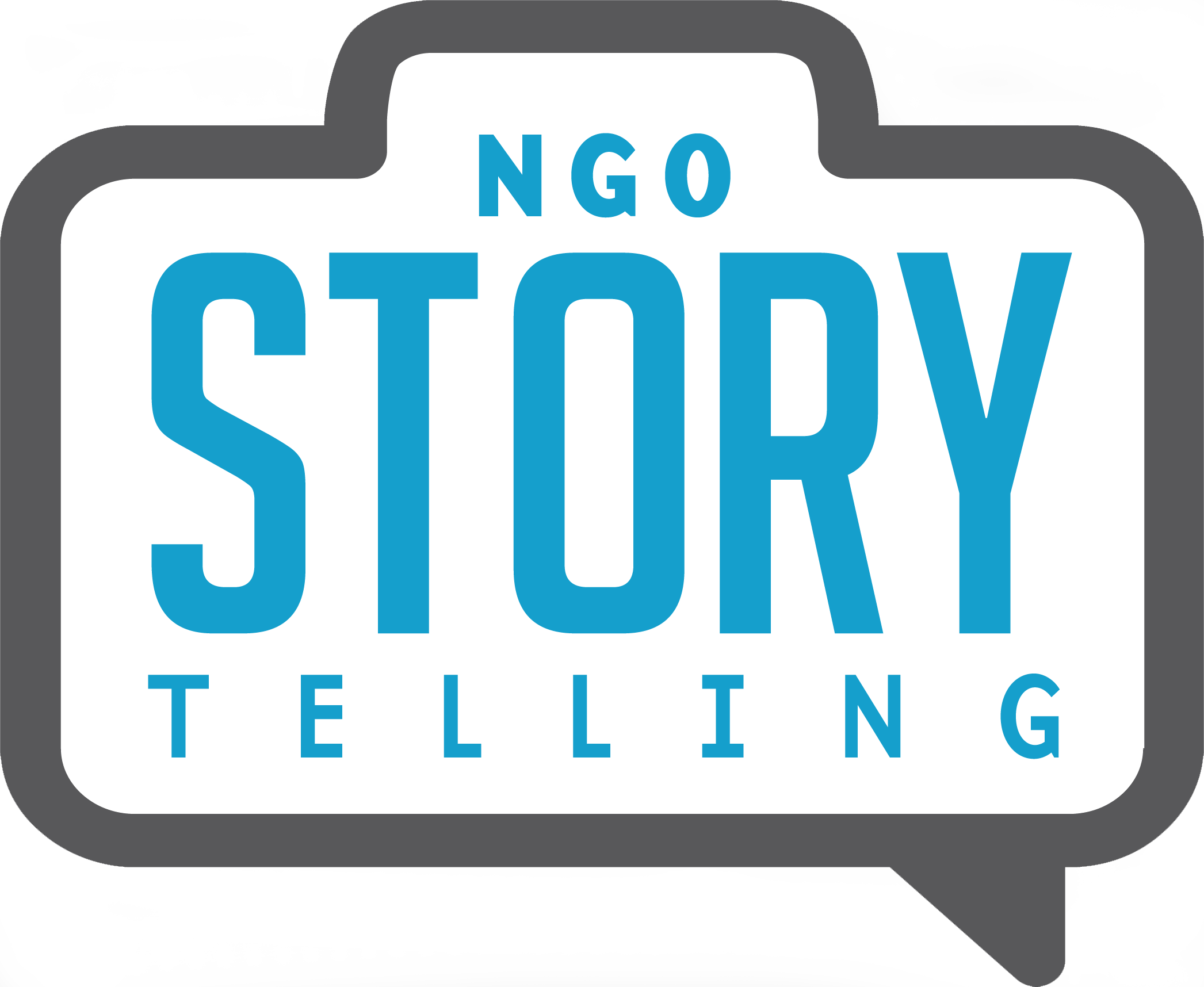What I Learned From My Public Mistake
Nonprofit organizations are notoriously tight-lipped about their failures. Admitting you made a mistake is hard. Publicly admitting failure is even harder, but there’s value in sharing what went wrong and especially how you handled it and what you learned. One of my biggest mistakes happened not at a nonprofit, but at my first job after college. I started my career researching and fact-checking stories for a large national magazine. This was just before the Internet exploded, so all my research happened in a library, walking amongst tall stacks of books, photocopying relevant articles and highlighting important facts in the photocopied stories. I got to learn about topics ranging from smart card technology to the origins of Beanie Baby mania, and sometimes I got to phone interview people like Mary J. Blige and Lisa Ling. Yes, it was a cool job. I lucked out in working with a brilliant editor and fine human being, Lorrie Lynch. She wrote a column where readers asked questions about celebrities and pop culture and she answered them. One time she asked me to research an actor from a very popular 1970s American television show; let’s call this actor “D.J.” I dug up articles and “Who’s Who” pages in the library, photocopied them and highlighted all the facts. The rule was, I didn’t highlight a fact unless it appeared in at least two different articles for simple things like birth date or birthplace, but three for all other facts. For D.J., there was one Fact that I found only in two places, but I figured it would be OK. So I handed Lorrie this stack of highlighted pages and she wrote her column. D.J.’s publicist called Lorrie: that Fact was wrong. He was mad and D.J. was mad. As Lorrie told me the news, we sat at her desk next to a large window overlooking the Potomac River and downtown Washington D.C. I wanted to dive into the water and swim away. I felt terrible. I apologized. I thought my career had ended before it had really started. The magazine would have to issue a correction. No editor at the office would trust my research and fact-checking skills again. I’ll never forget how Lorrie handled me and D.J. and the publicist. Lorrie stayed calm and friendly, like always. She told me mistakes happen. She said I should learn from this mistake never to cut corners like that, even on one seemingly small fact. She never made me feel ashamed or blamed me (I already did that for myself.) She said we just had to move forward now, and of course she wanted to keep working with me. (Whew.) She said that to atone for the error, she’d told D.J.’s publicist she’d be honored to conduct a phone interview with D.J. and write an update on D.J.’s career and life for her column. Thanks to Lorrie, the publicist was happy. D.J. was happy. I was, if not quite happy, then at least relieved. I learned from Lorrie how to handle a mistake with grace and compassion. It was one of the best lessons I learned at that job. A mistake can be a positive thing as long as you grow from the experience. (Photo © Laura Elizabeth Pohl)

